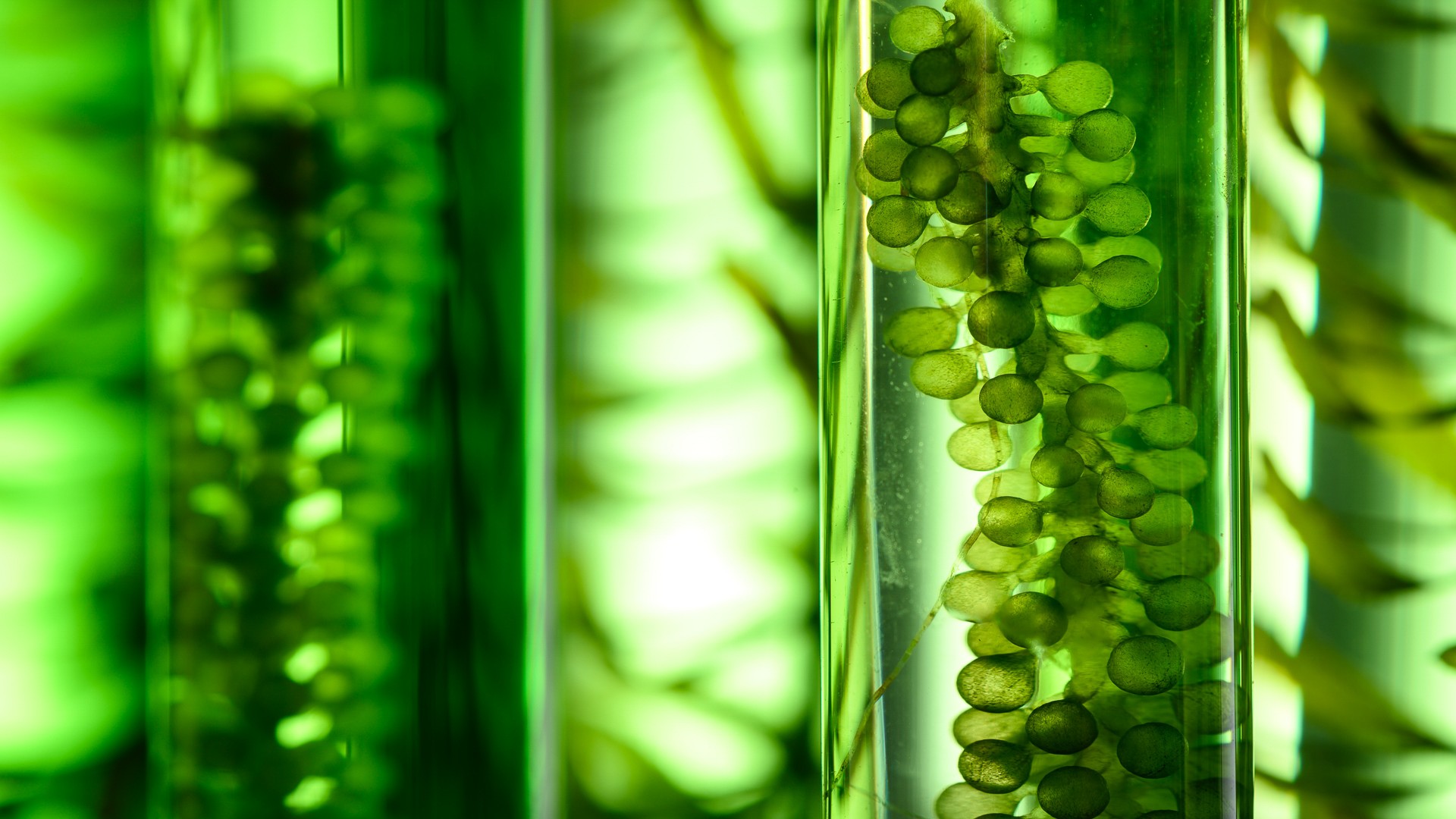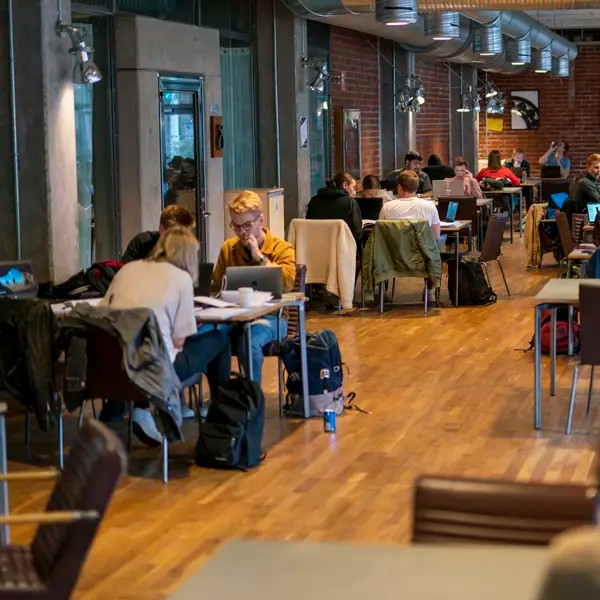
Studying this master’s programme, you will focus on the interface between chemistry, biology and medicine, with engineering as the common thread. You will learn to use engineering principles in the analysis and manipulation of biological systems to solve problems across a wide spectrum of vital applications and cover a broad base, from genetics to process engineering.
Biotechnology master's programme at Chalmers
In recent decades, gene modification has revolutionized the biotechnology industry, giving rise to countless new products and improving established processes. However, biotechnology, as practised today, is much more than recombinant DNA technology, cellular biology, microbiology and biochemistry.
This master's programme also embraces process design, engineering, modelling and control.
The practical applications of biotechnology include age-old techniques such as brewing, fermentation and cheese-making, all of which are still important today. The introduction of new techniques based on fundamental biological research has resulted in major advances. Microorganisms and cells (or parts thereof) are utilized to produce valuable products, and new medicines are also products of biotechnology.
I’ve enjoyed learning about the analytical tools used in biotechnology, and hear the guest lecturers expand on real life applications of the concepts discussed in class

Topics covered
The subjects of tissue engineering and applied microbiology are fundamental areas in the Biotechnology master’s programme. The courses included in the programme plan handle topics such as biomaterials, metabolic systems and industrial biomedicine.
There are also different tracks within the programme. For example, the Food and health track where you can find the course Food technology and sustainable food systems. This course focuses on the application of food science and engineering principles into sustainable product development and industrial production along the food chain. The programme also offers the track Biomaterials and tissue engineering. This track includes, among others, the course Tissue engineering which provides a general understanding of tissue growth and development, as well as the tools and theoretical information needed to design tissues and organs.
Career
Biotechnology today is much more than recombinant DNA technology, cellular biology, microbiology and biochemistry. It also embraces process design, engineering, modelling and control.
These skills are highly relevant for graduates pursuing a research career in the bioscience field or seeking to enter the biotechnology, food or biomedicine industries. Some of our graduates work at international companies such as Astra Zeneca, Mölnlycke, or Essity whereas others work in start-ups like Mycorena or as consultants. Others choose academic careers and do a PhD at Chalmers or another university. You will also find Chalmers biotech graduates at different research institutes and at governmental or municipal positions, working for instance as environmental engineers, specialists, or advisors.
Research within Biotechnology
Within the Department of Life sciences at Chalmers, we perform research that has an important impact on our daily life. Furthermore, we work on creating knowledge that can improve the efficiency and sustainability of industrial processes. Our research finds broad applications in areas of health (food and medicine), industrial production (biotechnology for the production of bulk and fine chemicals and proteins), as well as for energy production (transportation fuels). In common for the application areas is that we have developed a versatile toolbox that helps us to understand what is going on in our model systems – from cells to humans and in the longer perspective we want to be able to influence the systems we work with.
One of our most important missions is to drive the development of novel and improved tools to study effects at a cellular level, such as systems biology analysis and modelling tools, metabolic engineering, and bioimaging. We have powerful experimental platforms that encompass well-equipped fermenters, computer-controlled artificial intestine models, analytical instruments, and laser-based microscopy. We are collaborating in broad, interdisciplinary national and international networks within academia and with industries belonging to different businesses.
Requirements

How to apply - From application to admission
This is a step-by-step guide on how to apply for a Master's programme at Chalmers University of Technology.

